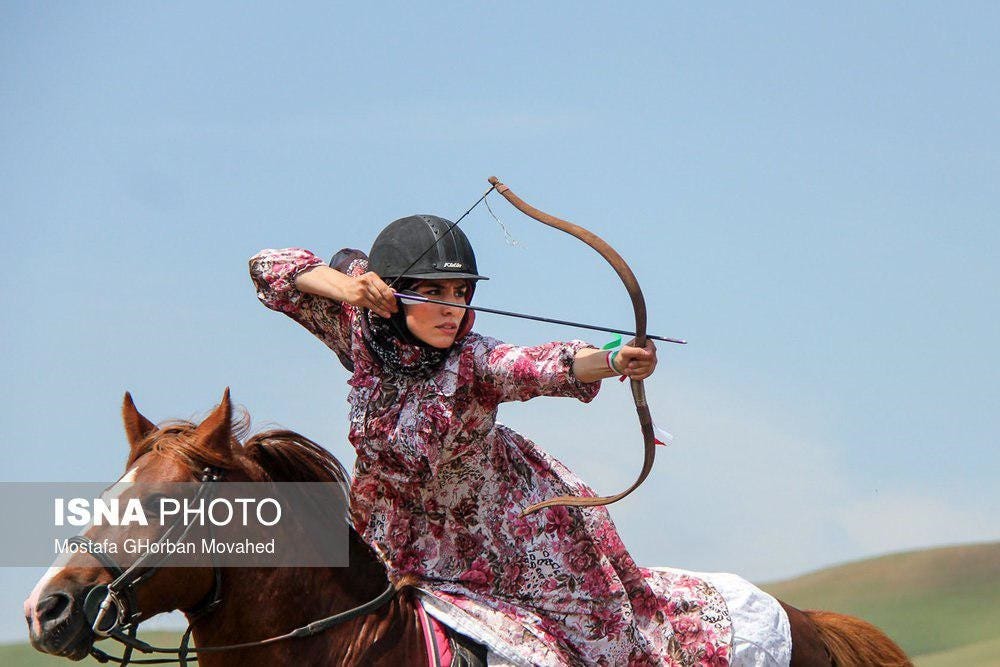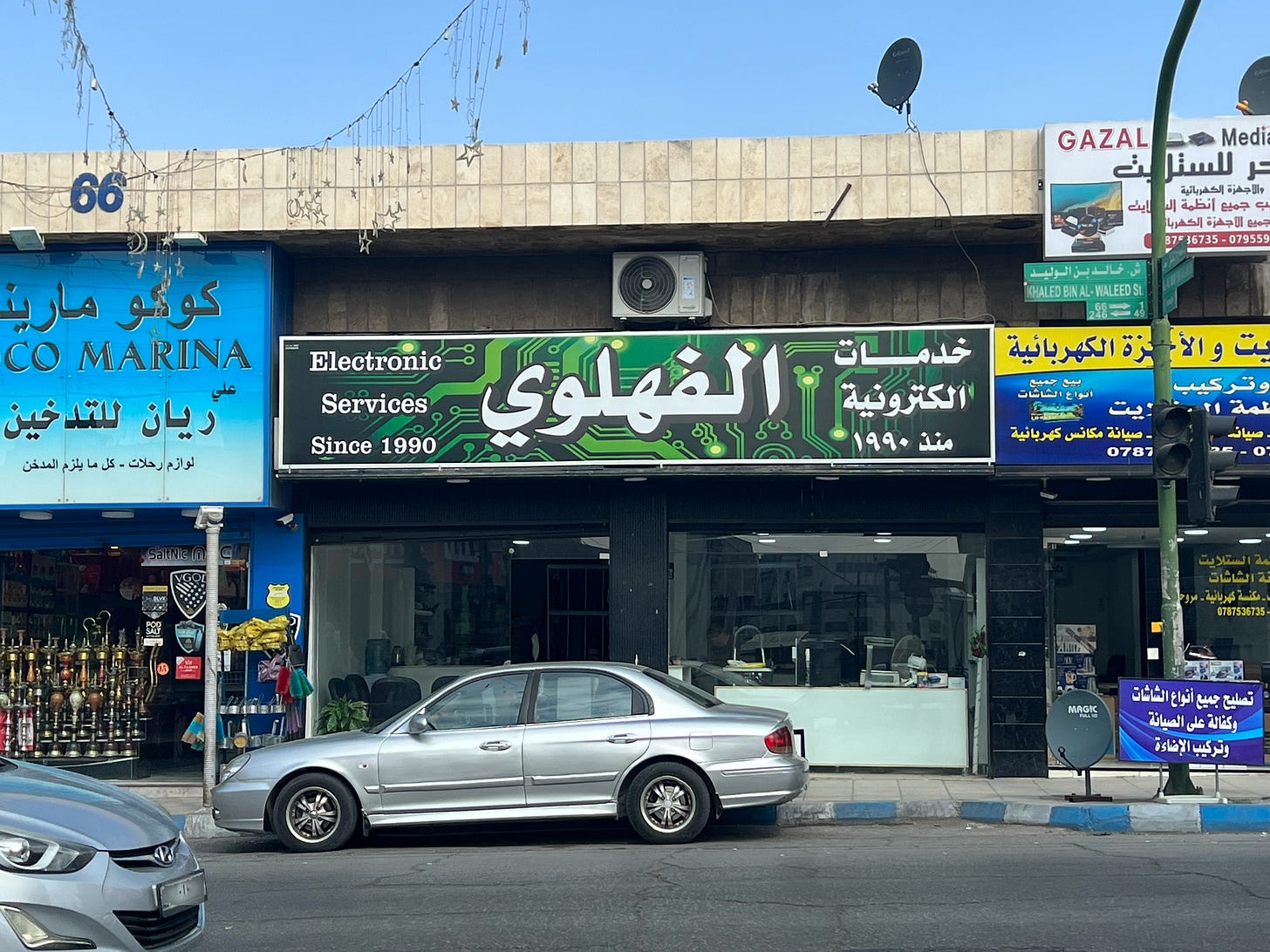Why Do Arabs Use "Pahlavi" To Mean "Clever"?
The legacy of ancient Parthia has left different marks on Persian, Arabic, and English.
“I can see that you’re really fahlawi, so of course you work with computers,” the Amman taxi driver said to my friend. The friend, an Arab from the Levant, then explained to me that fahlawi فهلوي is an “Egyptian word” meaning quick-witted, adaptable, clever.
It seems pretty clear that fahlawi comes from Pahlavi پهلوی, a Persian name. (There is no “p” in most forms of Arabic.) You usually hear that name in the context of Mohammad Reza Pahlavi, the last king of Iran before the 1979 revolution. So how did it come to mean clever?

Pahlavi originally meant someone from Pahleh, a region known to the Romans as “Parthia.” In the wake of Alexander the Great’s conquests, Parthia became the most powerful kingdom in the region, and a serious threat to the Roman Empire. Its name has left quite a mark on different languages — even English.
Parthia was absorbed into the reconstituted Persian Empire under the Sassanid dynasty, and then the Islamic caliphate. Throughout that time, the Parthian script was still used for writing Persian. Eventually “Pahlavi” came to refer to anything from the pre-Islamic era.
That era was often seen as a chivalrous age, similar to how Western pop culture used to portray medieval times. The word pahlavān پهلوان came to mean hero. Pahlavāni پهلوانی is a type of mystical martial arts still practiced in Iran today.
There’s also a tribe known as the Feyli Kurds. One academic says that the term feyli comes from pahlavi, but I don’t know much Kurdish, so I can’t assess the source. If any of my followers wants to chime in, the comments are open below.
As for the recent Pahlavi king, his father consciously chose that name. The elder Reza Pahlavi was originally “Reza Khan,” a Cossack general from Mazandaran in northern Iran. After taking over in a 1921 coup d’etat, Reza abolished the older Qajar dynasty and declared himself head of the new Pahlavi dynasty.
It’s often said that he adopted the name to evoke the legacy of Parthian kings, but a historian recently unearthed evidence that Reza Pahlavi had taken that name long before the coup. A heroic legacy fit for a king is also a legacy fit for a general.
I think I know how the word entered colloquial Arabic. The fahlawiyyāt فهلويات were a genre of poetry written in dialects associated with Parthia. Sufi orders brought this poetry to Baghdad, which was then a meeting point between the Persian-speaking Islamic East and Arabic-speaking Islamic West.
The meaning in Arabic has less to do with bravery and more to do with quick thinking, like the action hero MacGyver. Or, say, a computer hacker.
English has its own equivalent of fahlawi! Parthia’s knights were known for a tactic known as the Parthian shot, in which a horse archer would fake a retreat, then begin shooting arrows backwards at his pursuer. Anyone who has tried horseback riding or archery knows how difficult either half of maneuver is, let along both at once. For the Roman forces, it was a notorious feat and incredibly frustrating enemy tactic.

Early modern English writers used “Parthian shot” in a metaphorical sense, to describe getting the last word while walking away from an argument. In spoken conversation, many people understood “Parthian” as partin’, as in the shot you take while parting ways. And so “parting shot” entered English.
That’s quite the linguistic legacy for a kingdom that rose and fell two millennia ago!





